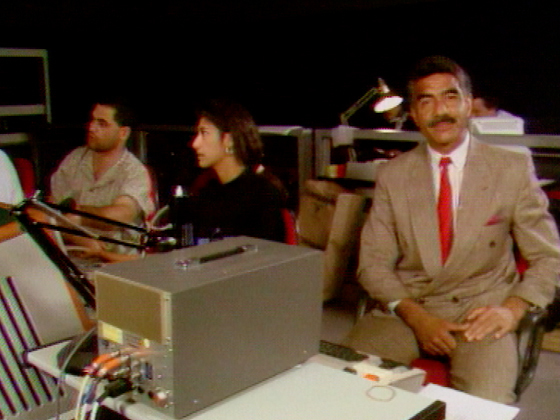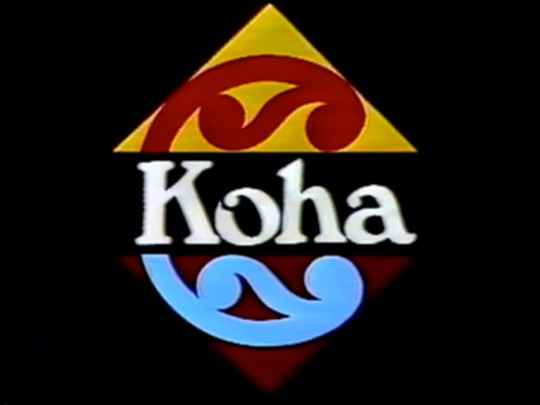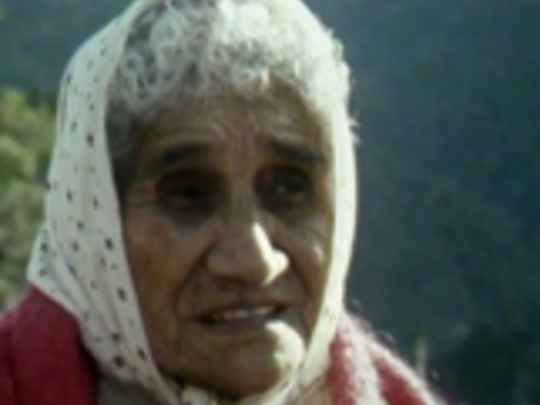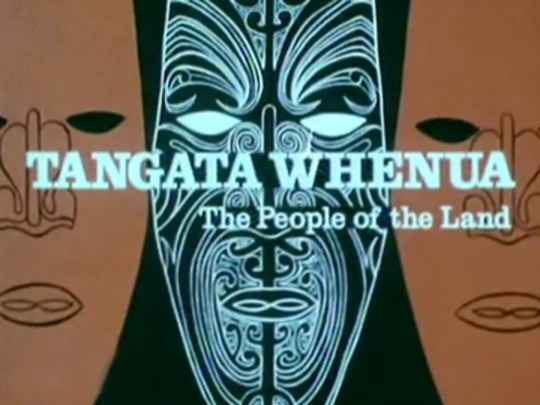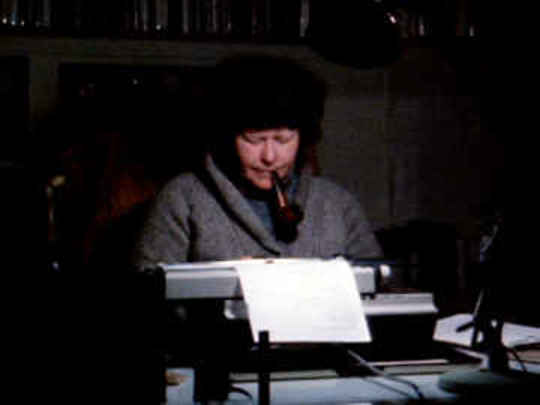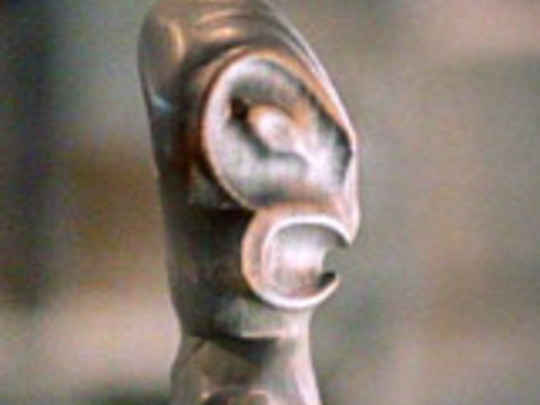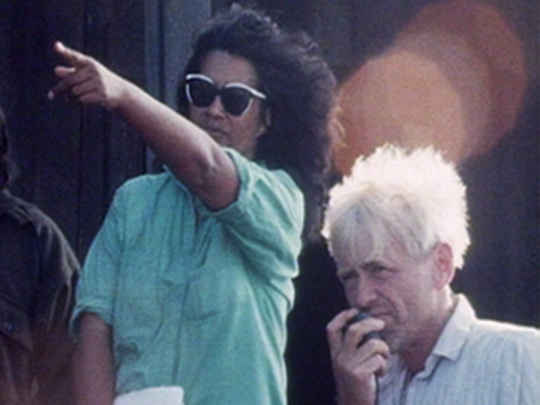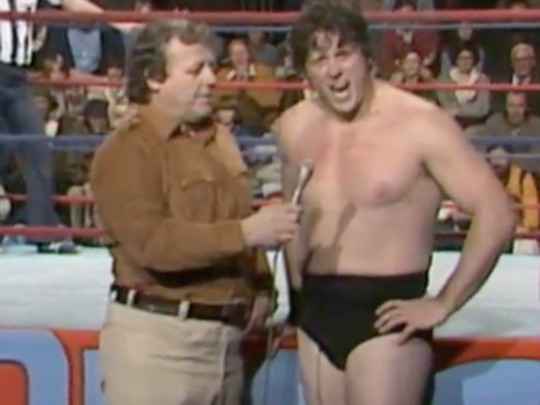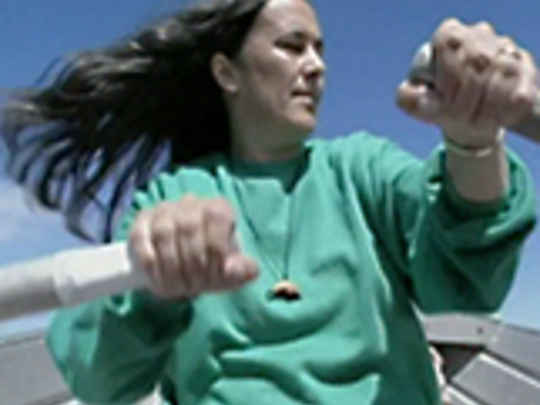It's been a thoughtful study, it's been very sensitive about people. It's been sensitive about their feelings, it's been sensitive about their culture. It's explained it in a manner that even those that are not Māori in their origins can relate to, and can understand and can sympathise with.
– Tirohia Ki Manuka Trust Chairman Patrick Roreson on the legacy of magazine style series Koha
You don't need to understand Māori to know which way his horses ran...
– A reporter interviews gamblers at the 1982 Ōtaki horse races
Of course a lot of the broadcasting colleagues did not consider that there should be Māori programming on air at all. They said that broadcasting was for all, and so there were some rather uncomplimentary remarks in those days.
– Koha producer Ernie Leonard on reaction to the show within the television industry, early in this episode
Although the team was largely inexperienced, the quality of the programmes reached a high standard, and week after week it was always there.
– Presenter Robin Kora on the hard work behind the early Koha programmes
Its task really was to teach the rest of New Zealand about Māoris. A lot of Māoris didn't like it, and saw it as a very Pākehā programme but you can't really deny the fact that it launched us into other peoples' living rooms. Whether they wanted us there or not is immaterial, we were beginning to make an impact and Koha did that for us.
– Broadcaster and Anglican minister Hone Kaa, on Koha's place in Kiwi broadcasting history
Pacific Viewpoint, which began on the then South Pacific Television in 1978, was the first continuing programme to deal with Māori issues. But it had only quarter of an hour a week to deal with both Māori and Pacific island matters, and its tiny budget made its scope very limited. A number of Māori people were agitating for something more.
– Presenter Robin Kora on the lead-up to Koha's birth, early in this documentary
